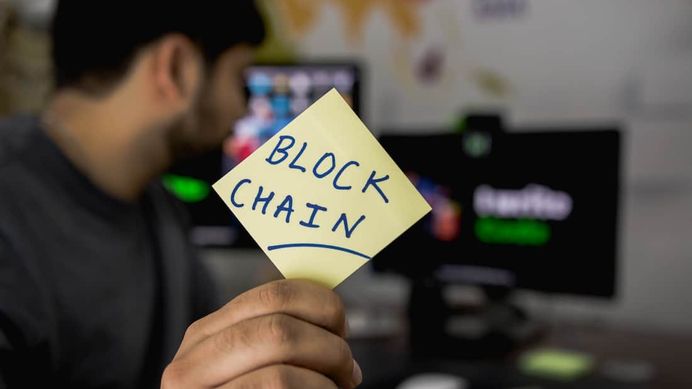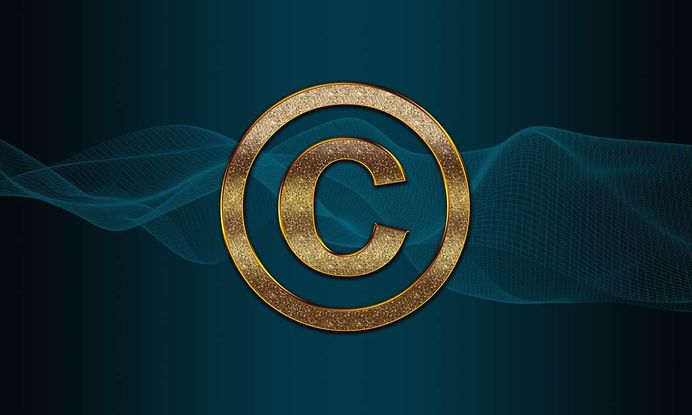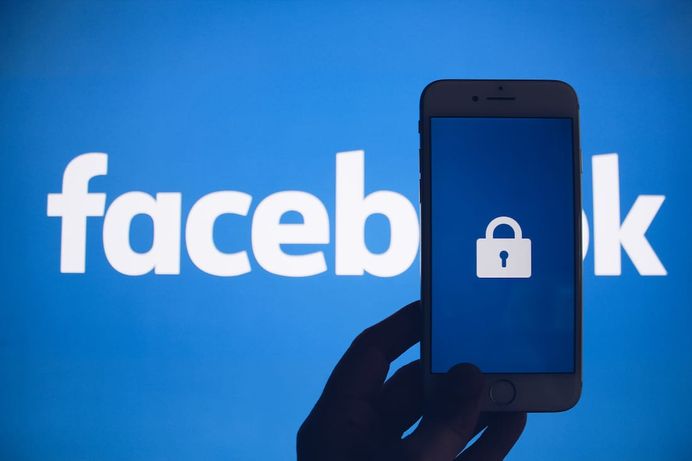Blockchain technology is becoming a necessity for the industries to adopt. Because there are many advantages to the technology itself. An industry with Blockchain is more reliable due to transparency. So today I have made a list of top 10 industries that are running on blockchain technology.
1. Banking
The banking industry has started to see the benefits of introducing blockchain technology into their business models, with banks such as UBS and Barclays experimenting with blockchain technology. The implementation could save the banking industry up to $20 billion by removing the need for middlemen, and of course it would be able to serve up the tamper-proof public ledger as a way to protect customer data.
2. Messaging Apps
Telegram which is one of the most popular messaging apps is in the process of completing the largest ICO in history, totalling $1.2 billion for its ecosystem of approximately 170 million users and the funding on a blockchain platform. It has attracted some big money players such as Sequoia Capital and Benchmark.
3. Voting
Sierra Leone actually held the world’s first vote using blockchain technology, by capturing the votes as transactions on blockchain, the government and the voters would be able to vote with confidence knowing that it couldn’t be tampered with. Countries with corrupt governments would be able to adopt this method of voting so that the voice of the people is actually heard.
4. Ride Sharing
Ride-sharing companies like Uber and Lyft have become very popular with millions of users every day, and with the rise of blockchain technology, it was only a matter of time before this sector got involved. These companies use certain algorithms to control the fleet of drivers and control what they are allowed to charge for a ride. However, blockchain technology could turn it around with a distributed ledger that could allow drivers to create a more user-driven, and value-oriented marketplace.
5. Internet Ads
Unfortunately the internet is littered with ads that are constantly spamming people’s inboxes, and bombarding web pages. The alternative is to bring in blockchain technology that is incentivized to the target audience. Instead of middlemen like Google and Facebook trying to throw ads in your faces that might not be tailored to you, users can actually opt-in and receive fewer ads that are better targeted that don’t have malware.
6. Car Sales
2015 saw Visa partner with a transaction management company called DocuSign to implement a proof-of-concept project that uses blockchain technology to streamline the car leasing process. It works by letting the customer choose the car that they want to lease, then the transaction is added onto the blockchain public ledger. The customer will then sign all the necessary documents and lease agreements and the blockchain is updated with the information.
7. Cloud Storage
Cloud storage companies will often store customer data in a centralized server and this increases the risk of cyber attacks and loss of data. Blockchain storage however, offers an alternative to storing data on a decentralized platform, which means that sensitive data is less likely to be stolen or tampered with. One of the main benefits to using blockchain technology for storing data is that it is easily verifiable and it can be checked to see if it has been tampered with.
8. Real Estate
The process of buying property can be an incredibly arduous task that is filled with mountains of paperwork, in order to satisfy the legal requirements. Blockchain technology has been able to reduce the need for paper-based record keeping as well as speeding up transactions and reducing costs. Blockchain can also keep a secure record of property deeds and land transfers in a safe environment.
9. Healthcare
By implementing blockchain technology into the healthcare system, it could revolutionize the way hospitals and doctors interact and patient records, without violating any data security protocols. A company called Gem has already launched a blockchain-based system called Gem Health Network to establish a secure, universal data-sharing infrastructure.
10. Public Records
This is another sector that can do with less paper-based records and instead use blockchain technology to store sensitive documents to reduce the risk of fraud. Many US states are beginning to see the benefits of blockchain and are bringing it in to move with the times. The Delaware Blockchain Initiative was launched in 2016 and is looking to create a legal structure for distributed ledger shares, which will hopefully boost efficiency and speed.
Let us know in the comment below if there are any other industries that you know who are running on blockchain technology.







